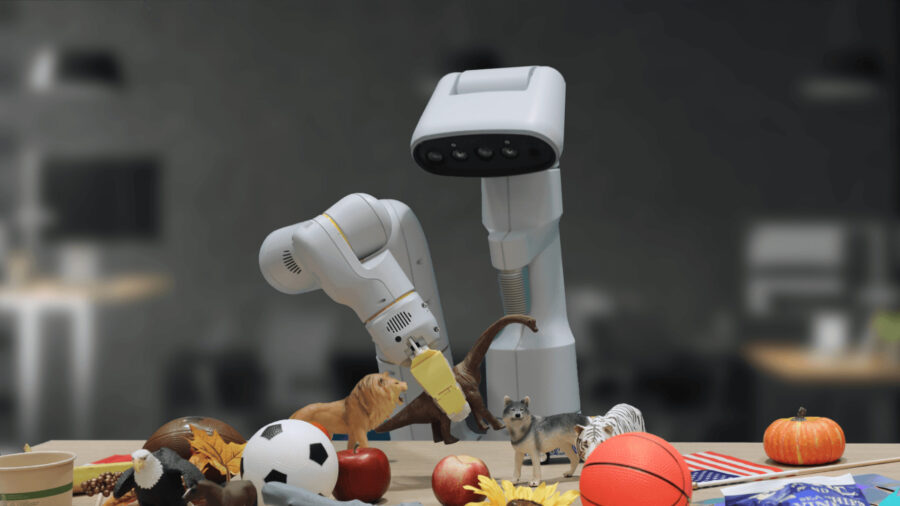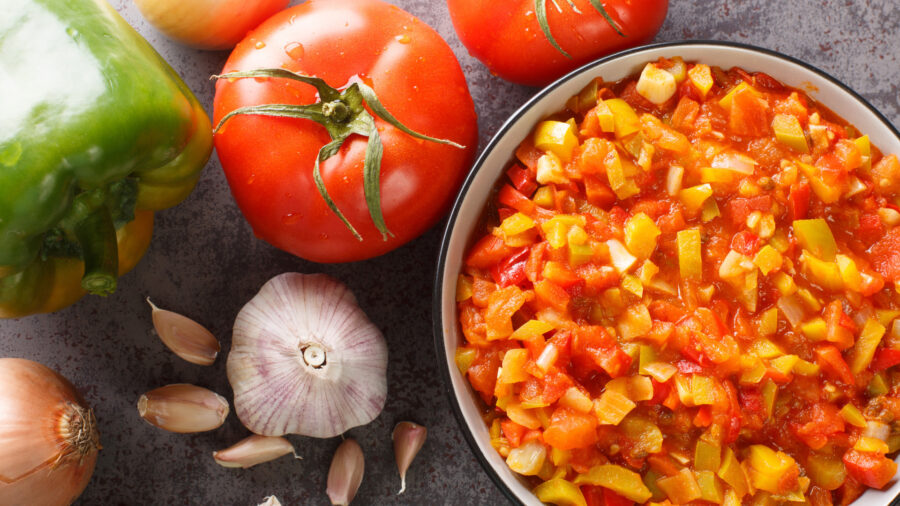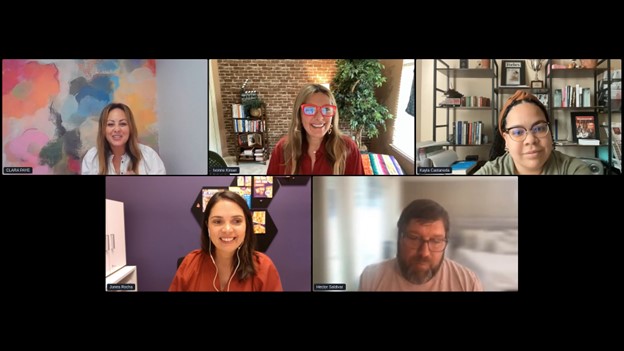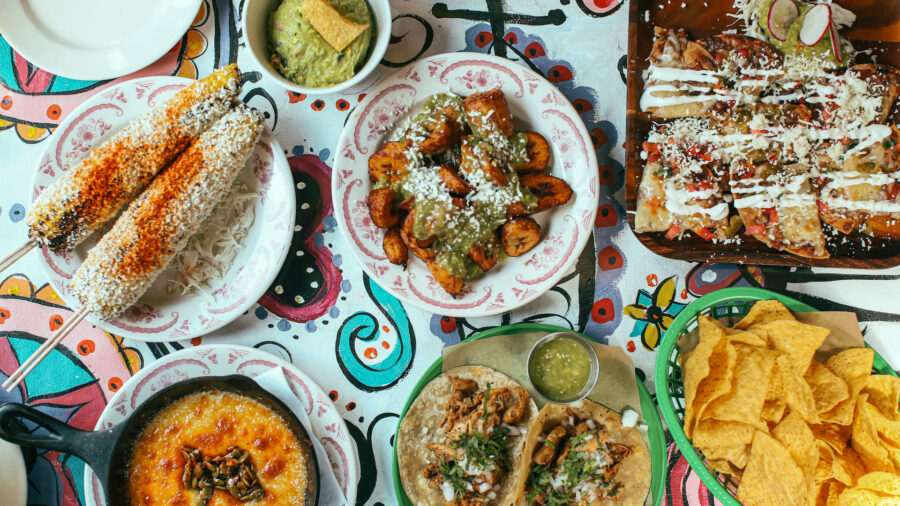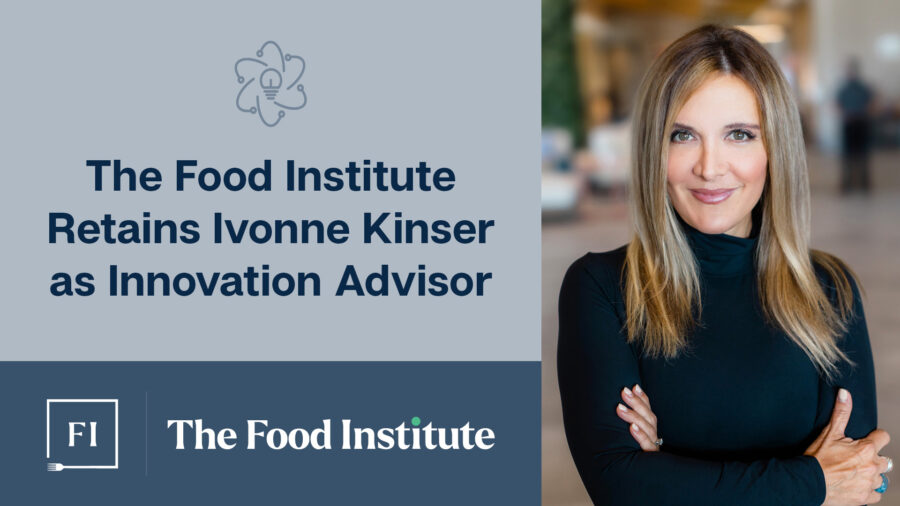Innovation is the driving force that shapes the landscape of the food and beverage industry, and as the Innovation Advisor at The Food Institute, I’m committed to exploring the latest advancements in this dynamic field.
Perhaps no development will be as groundbreaking in the foreseeable future as Google’s Robotics Transformer 2 (RT-2). The technology promises to revolutionize culinary experiences.
The vision-language-action model opens up a world of possibilities, enabling robots to perform novel tasks without extensive training. By leveraging web data, RT-2 embodies adaptability, creativity, and efficiency, transforming the way we interact with technology in the culinary world.
Let’s take a glimpse at how this new development of AI-powered robotics could transform the food and beverage industry.
A Leap Beyond Traditional Robotics
The arrival of RT-2 (explained here, in a YouTube video) marks a decisive shift from conventional approaches to robotics in the food industry. Unlike its predecessors, which relied heavily on explicit training for each task, RT-2 boasts the ability to understand real-world concepts from vast web data. This breakthrough gives rise to context-aware robots that can perform a diverse range of actions with far less training, unlocking a new era of culinary creativity and personalized service.
Empowering Culinary Imagination through RT-2
By learning from a multitude of sources, including recipes, cooking blogs, and food-related articles, the robot can develop a profound understanding of flavors, textures, and culinary trends. Chefs and restaurateurs can now access a vast repository of knowledge to craft innovative dishes that appeal to ever-evolving customer palates.
RT-2’s Seamless Problem-Solving and Adaptability
One of RT-2’s most invaluable attributes lies in its contextual understanding and adaptability. The model’s ability to perform complex reasoning allows it to respond to dynamic environments and execute tasks it has never encountered before. In the culinary world, this translates to robots that can optimize operations and reduce the need for extensive programming.
Personalized Culinary Experiences Using RT-2
Imagine a future in which restaurants and food establishments employ context-aware robots that cater to individual preferences, dietary needs, and past interactions. With its vast knowledge base, RT-2 can identify food items, recommend personalized menu options, and elevate dining experiences to an unparalleled level of satisfaction.
Unleashing Growth in the Industry
RT-2’s introduction coincides with the expected growth of AI-driven robotics in the food and beverage industry. This transformative technology opens new avenues for restaurants, catering services, and food-related enterprises to enhance operational efficiency, streamline processes, and drive customer engagement.
The Future of RT-2 and Culinary Robotics
RT-2’s vision-language-action model challenges traditional notions of robotics, paving the way for a future in which adaptability, efficiency, and creativity become the norm in the culinary world. While RT-2’s current applications focus on tasks like identifying food items and streamlining food preparation, its potential is virtually limitless.
As we embrace this transformative technology, we must also be mindful of ethical considerations and data security, ensuring that RT-2 enhances customer experiences without compromising their privacy or rights.
Nevertheless, the future of food innovation is here, and RT-2 stands as the vanguard of a new era in the food and beverage industry, in which technology and gastronomy unite to redefine culinary excellence.
Editor’s note: Ivonne Kinser serves as the innovation advisor at The Food Institute. Kinser previously served as the head of marketing and innovation for Avocados From Mexico for nearly a decade and in 2023 founded Vantage Creative, a marketing innovation lab.
The Food Institute Podcast
Following a string of bankruptcies and operational interruptions, the vertical farming industry seems in flux. AeroFarms CMO and co-founder Marc Oshima joined The Food Institute Podcast to discuss the company’s future following its Chapter 11 bankruptcy filing, plus future for prospects for the controlled environment agriculture (CEA) industry as a whole going forward.


